
SXSW 2017 Interview: Writer / Director Robert Mockler Discusses LIKE ME
A haunting, neon-soaked fever dream that tackles the dangers of viral media and loneliness, first-time director Robert Mockler’s drama, Like Me, was unlike anything else I saw during the 2017 SXSW Film Festival, and features brilliant performances from Addison Timlin as Kiya and indie filmmaking icon Larry Fessenden as a man she kidnaps on her crime-fueled journey.
While in Austin, Daily Dead spoke with Mockler about his approach to the story of Like Me, his experiences collaborating with Timlin, how Fessenden became a mentor to him throughout the process of making his debut feature, and more.
Really great job, Robert. I would love to hear about where the genesis of this idea for the film came from. Clearly, there are a lot of issues that you tackle in this that are very relevant to what’s going on, especially with online culture these days. You took an unusual route here, and it’s incredibly fascinating.
Robert Mockler: That’s so good to hear. A fear of mine was that I know this story goes to a dark place, and I know there are moments where I’m like, Whoa, that’s kind of a walk-out moment type of situation. So this film became this whole scenario of, “Can we delicately straddle that line and not get gratuitous, but make the experience real and palpable enough to really touch a nerve without being exploitative or going overboard?”
But as far as the genesis of the idea, that came from this place where I always wanted to make a movie about loneliness. I wanted to be a filmmaker ever since I saw Star Wars, but then there were those movies that made me realize, Oh, movies can be something else, too. I saw Taxi Driver and Requiem for a Dream. That’s what really launched me on a path starting to write and doing those sorts of projects, and how I got into these “lonely man” movies, which includes Taxi Driver, The Conversation, and The Tenant.
I just saw this project as an opportunity, with this strange paradigm shift of social media, to put a magnifying glass on loneliness and filling a void. I felt that it was a great opportunity to try to do that sort of idea that I’d been thinking about for a while.
So much of this movie revolves around Addison’s performance, and she’s fantastic. She has a lot of really subtle character moments, and I was curious if those were all in the script, or did you guys workshop those together?
Robert Mockler: Most of it was in the script, but Addison also brought a lot of it just on the day, and then through conversations we would have and even through the editing process, too. I talked to her a lot because I felt like this was her character, and I wanted her to have authorship over it. The thing about Addison is that she gives you so many options that in the edit, your problem is that you have too many good takes. And it was a great problem to have, really.
She made Kiya three-dimensional, and it would have been very easy for this material, in the wrong hands, to not work at all. Addison is so delightful to watch work. It’s magical and it was a joy to watch her on set every day.
Another thing I wanted to commend you on was the casting of Larry as Marshall. He’s been a fixture in indie filmmaking for decades now, and it’s always fun when he has these cameos and smaller roles, but you give him such great material to work with here. For a big chunk of this movie, he’s just as front and center as Addison is, and I loved that.
Robert Mockler: He really is. Originally, he was just on as a producer, but I was struggling to find Marshall. And his Blu-ray box set [Scream Factory’s The Larry Fessenden Collection] had just came out, and I hadn’t seen Habit in a little while, so I watched it again. I just fell in love with his performance in that film all over again. I missed this version of Larry and I wanted to see if he was interested in going back to that. And, at first, he was reluctant. But then, when he embraced it, not only did he deliver such a sensitive and delicate performance, but he made the character all his own. Again, Marshall was a character that could have gone really wrong in the wrong hands.
But Larry was a real mentor to me throughout the entire process of making Like Me, because I’m new to this entire thing. He was someone that I could always rely on, and he was very generous with his time. If I was ever in a pinch, or was feeling insecure or I was just lost, I could talk it through with him. I love his movies, I love his ability as an actor, and he’s a great friend and a mentor.
Can you discuss how you approached the visuals in Like Me, because generally when you think of movies about loneliness, you always think of drab, cold colors. And yet, so much of this movie is very vibrant and really bold.
Robert Mockler: The idea was to reflect Kiya’s inner headspace, which is not so drab. Color is really important to me, and when I’m editing, I have to apply some sort of preliminary color grade before I can start editing, because for whatever reason, I feel like that helps me tap into the tonality of the scene. That’s a little unconventional and at times I think my producers were like, “Just find the narrative already.” I would just say to them, “But I’ve got to get the color right, first.” For whatever reason, it’s my window into the feeling of the film, and going that route helped me a lot on this.
Being an independent movie, a lot of times directors have to create these stories that take place in one location because of their budget. With this, you have multiple locations and you’re on the road for part of it, too. Was that one of the biggest challenges in terms of getting this film made, just making sure you could find these locations and be able to take the show on the road?
Robert Mockler: Absolutely. So many people would read this script and say, “Too many locations. No, you can’t do it.” And then, when I met Glass Eye Pix and I met Jenn Wexler, she thought we could do it. She helped put together a schedule that I thought was aggressive, but she was like, “I think you can do this.” And she was right. It was nerve-racking, but she figured it out. And Jessalyn [Abbott], the other producer on the project, she had this incredible ability to find amazing locations. She just found so many beautiful places, all within a close proximity, in such a short period of time. We were very, very lucky to have her.
This is your first film, which blows my mind after seeing it. And now you’re here at SXSW with Glass Eye Pix behind it, and you’ve got an amazing cast and crew all behind you. How surreal has this whole experience been for you being a first-timer and really putting yourself out there like this?
Robert Mockler: Honestly, it’s like an out-of-body experience. I don’t think I’m going to digest it until it’s over, really. SXSW is the festival we wanted to premiere at, so it’s just all been a mind-blowing experience. I came here seven years ago, and I watched the Indiana Jones trilogy on 35mm, sitting next to Robert Rodriguez. It was one of those things where I just felt connected to the fabric of filmmaking, and, as geeky as that sounds, it was so profound for me. So to be back here, with my own movie, is so cool.

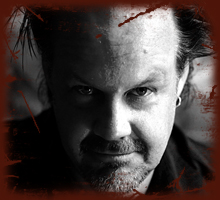
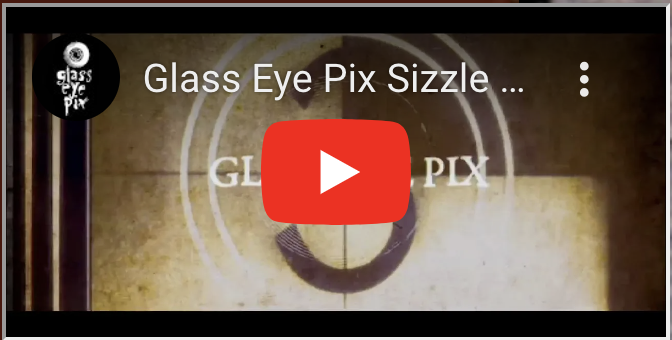
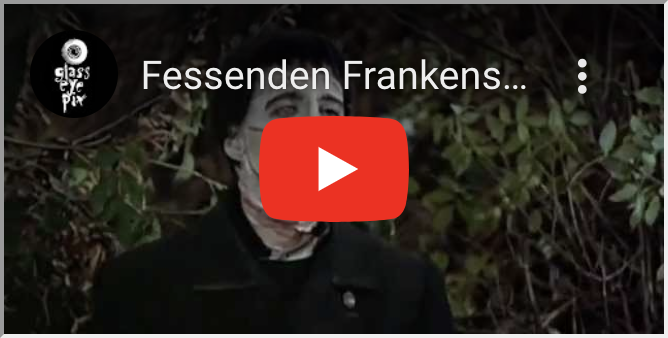
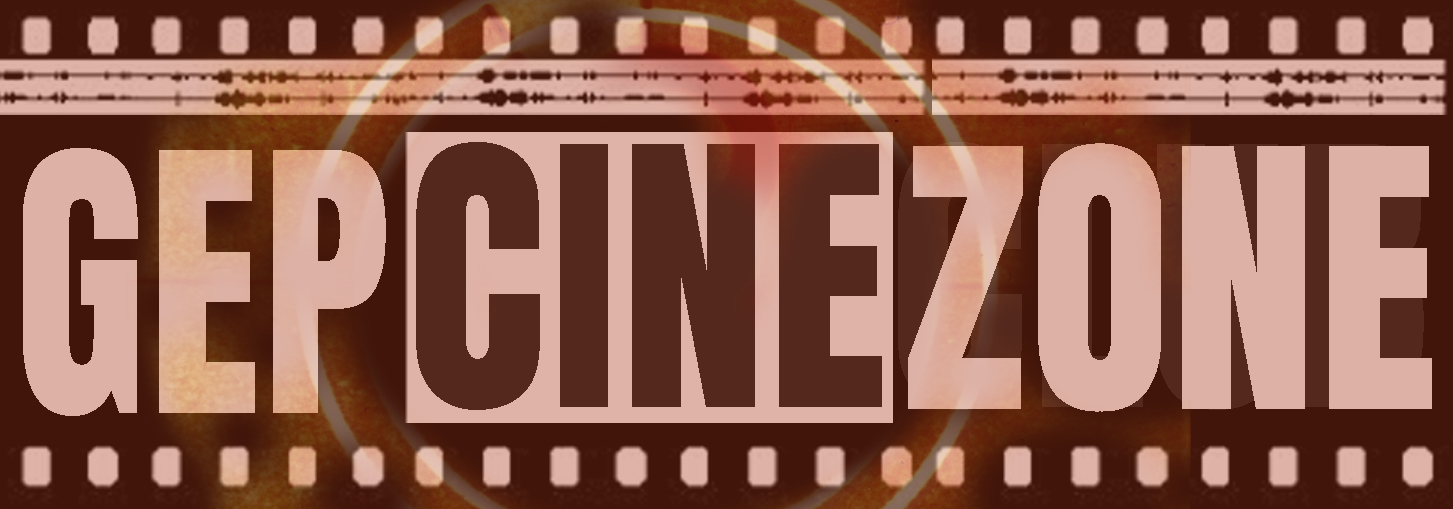


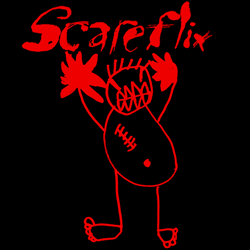

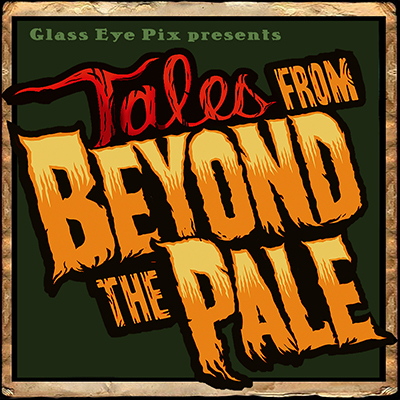
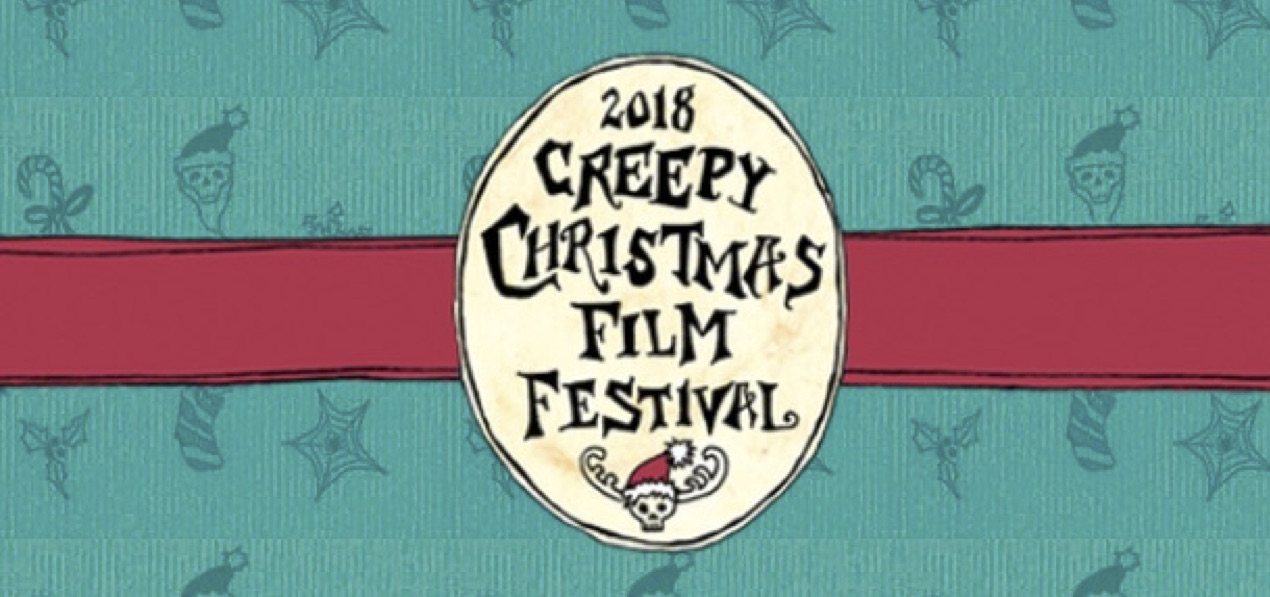
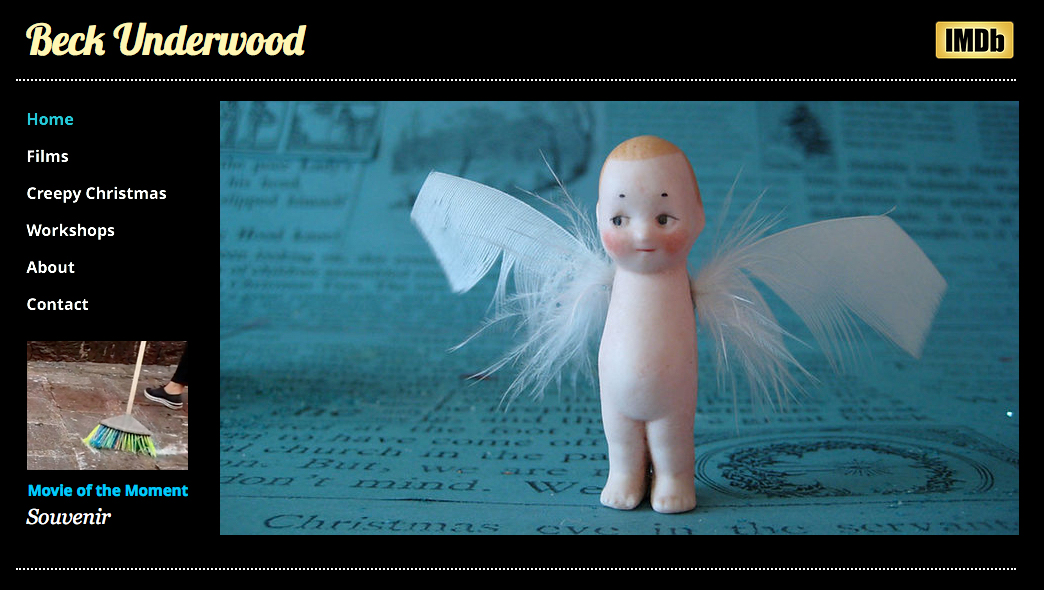
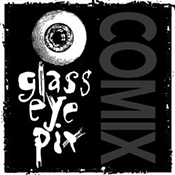




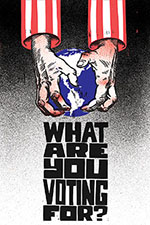
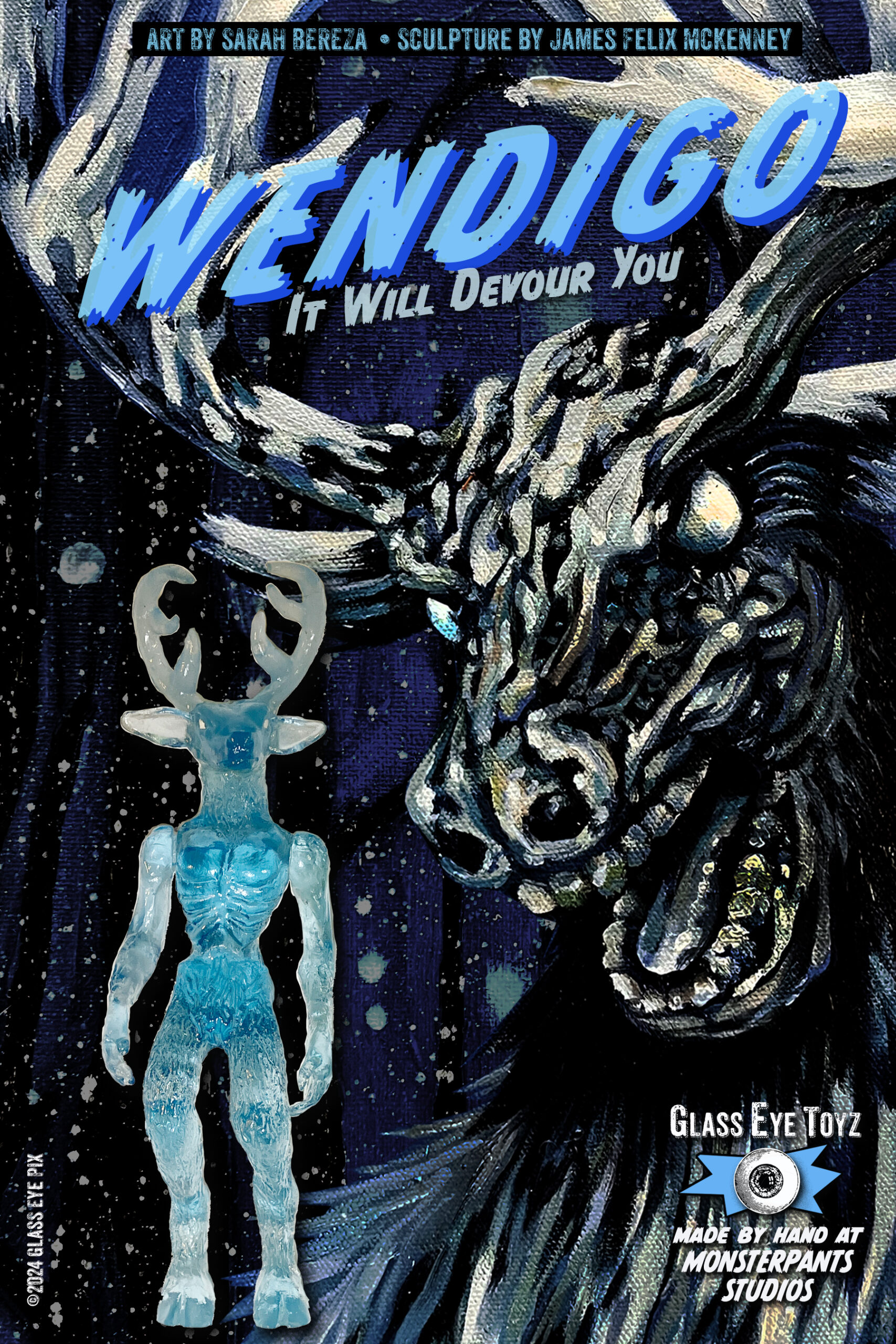
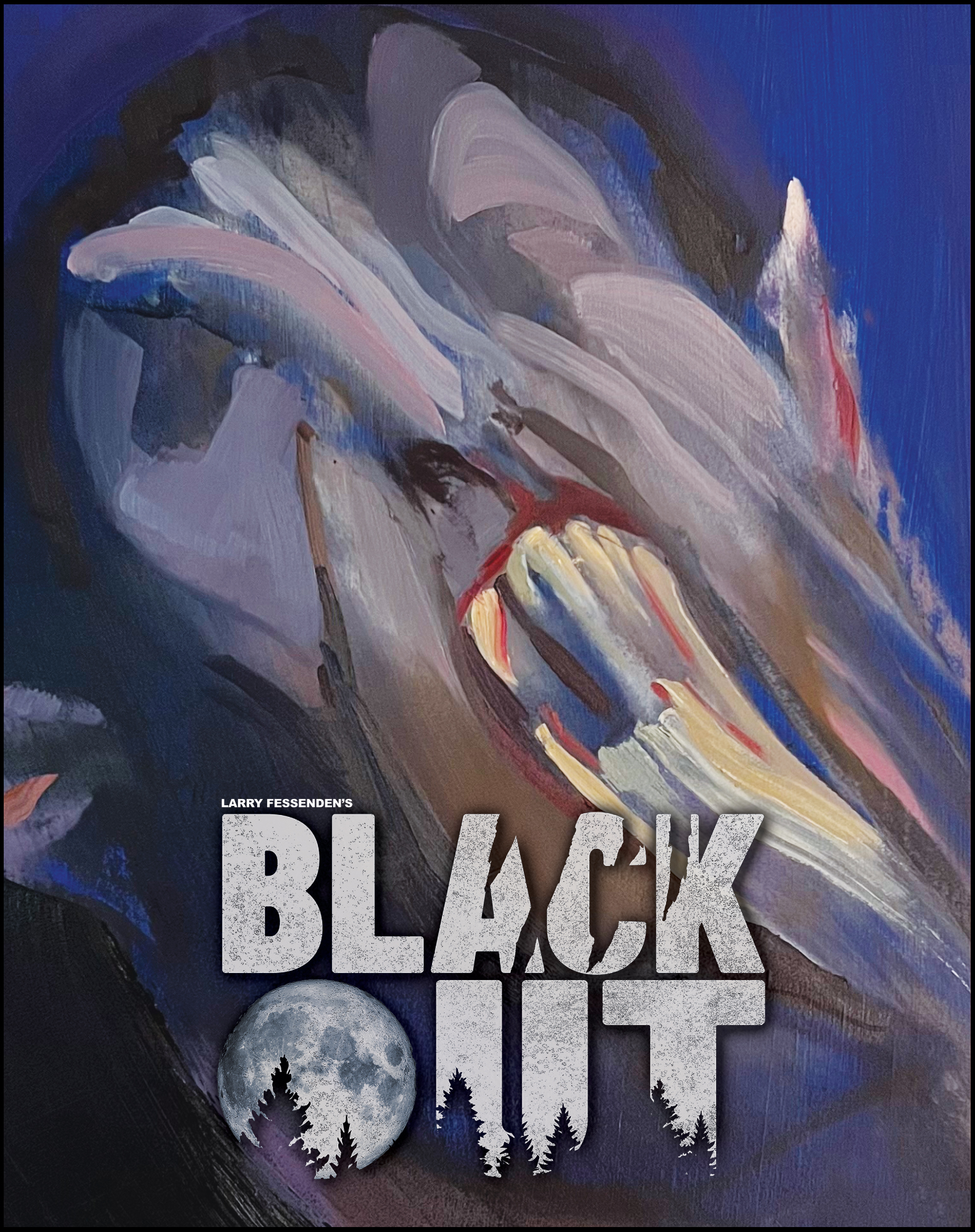
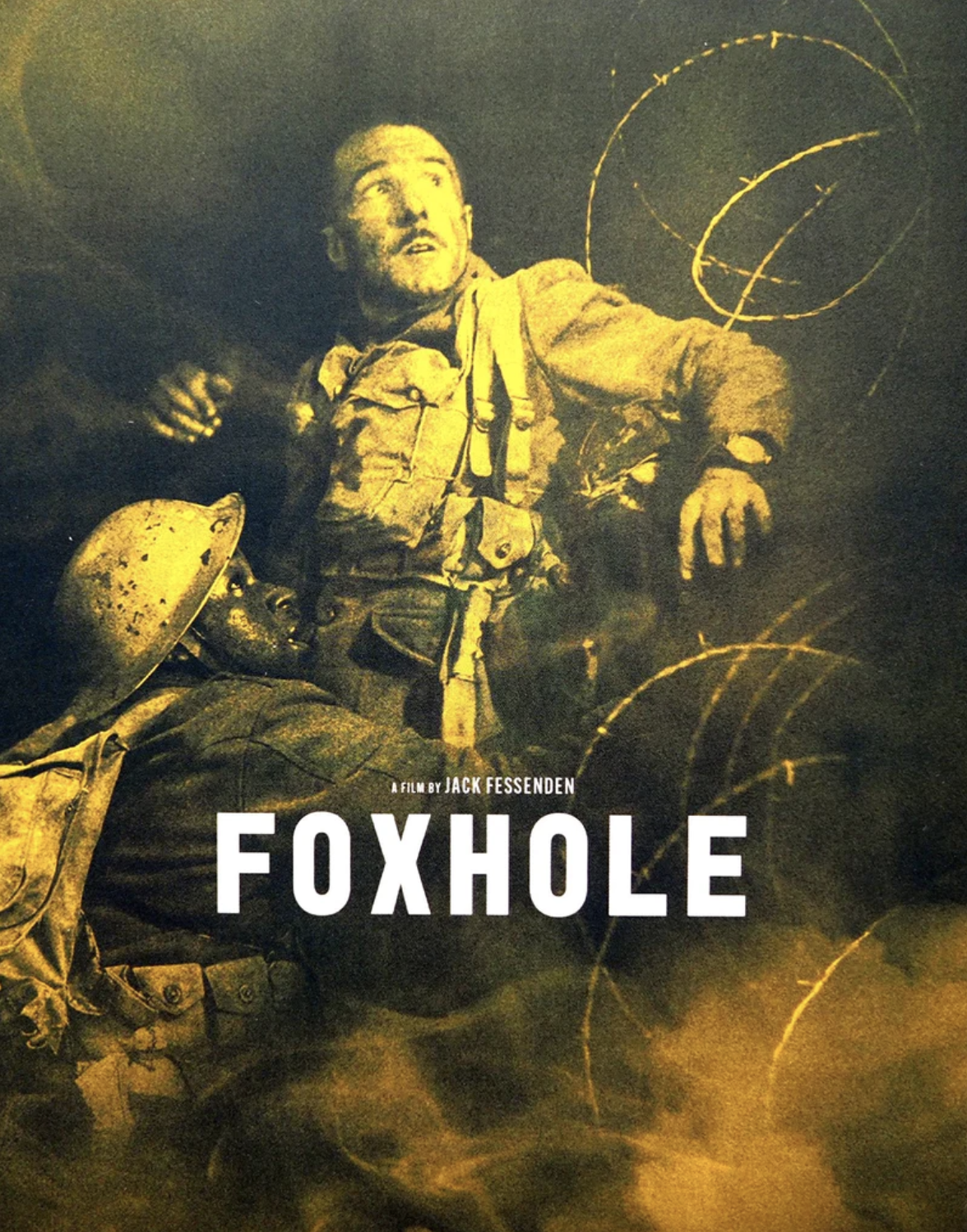
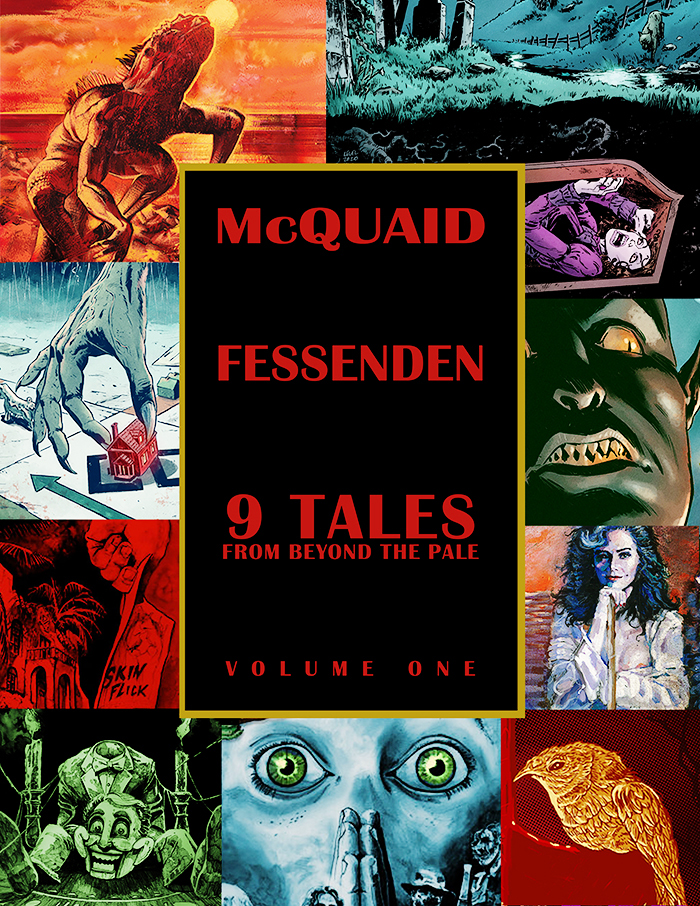
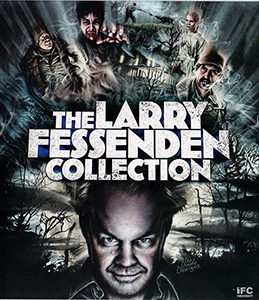
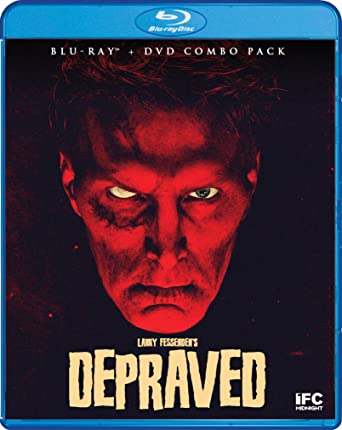
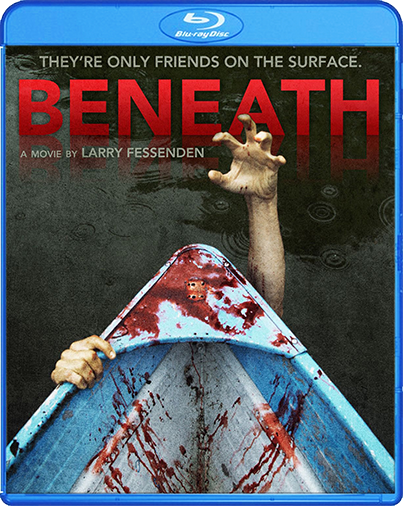
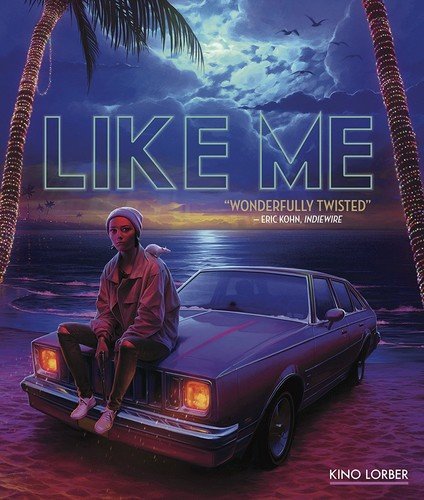
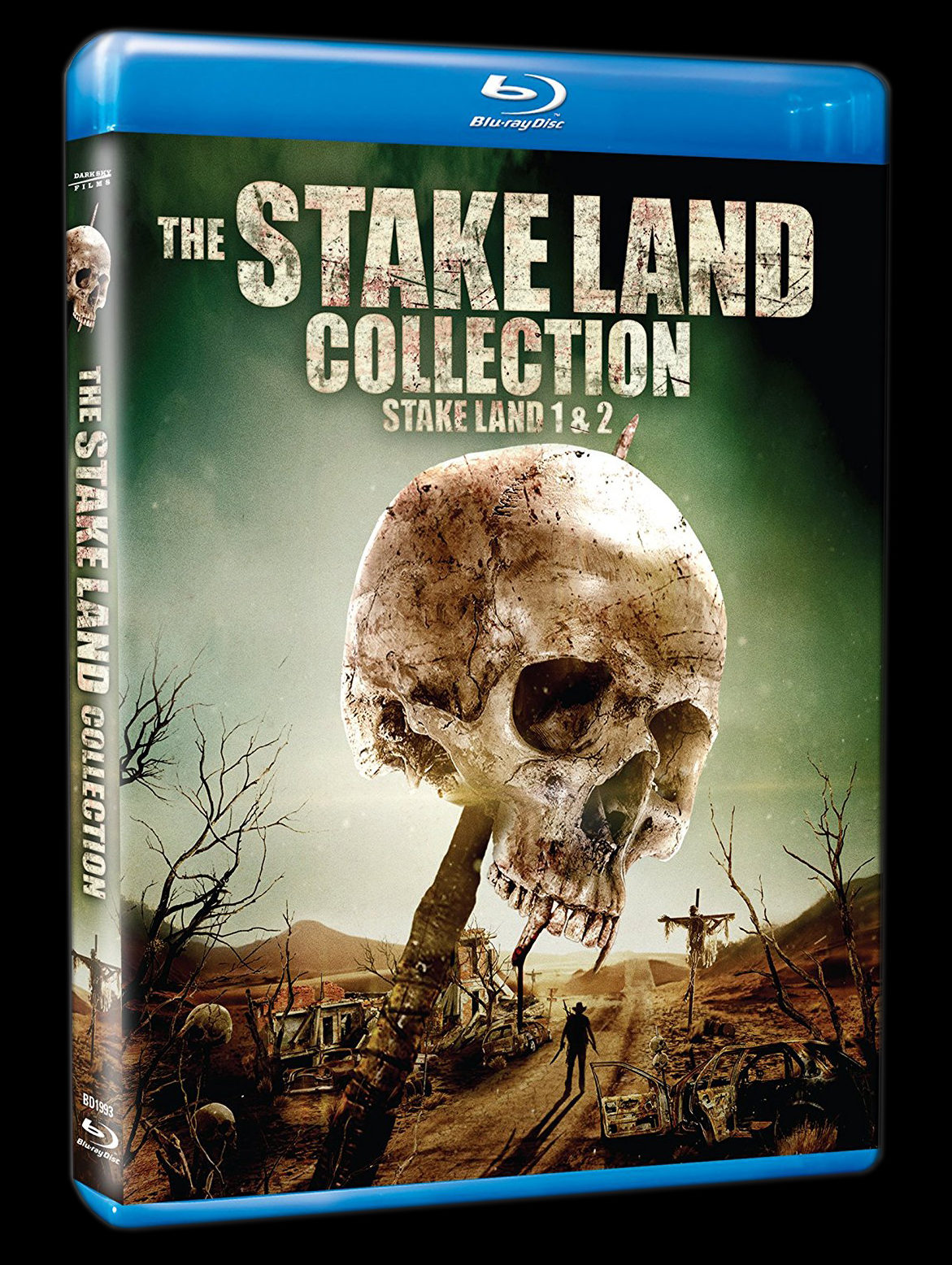
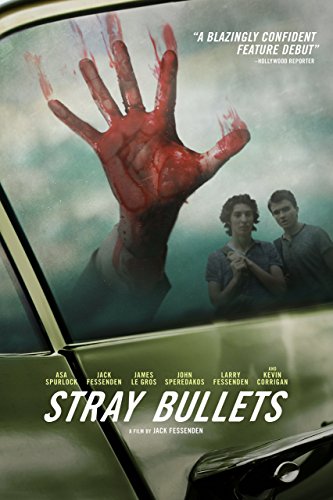
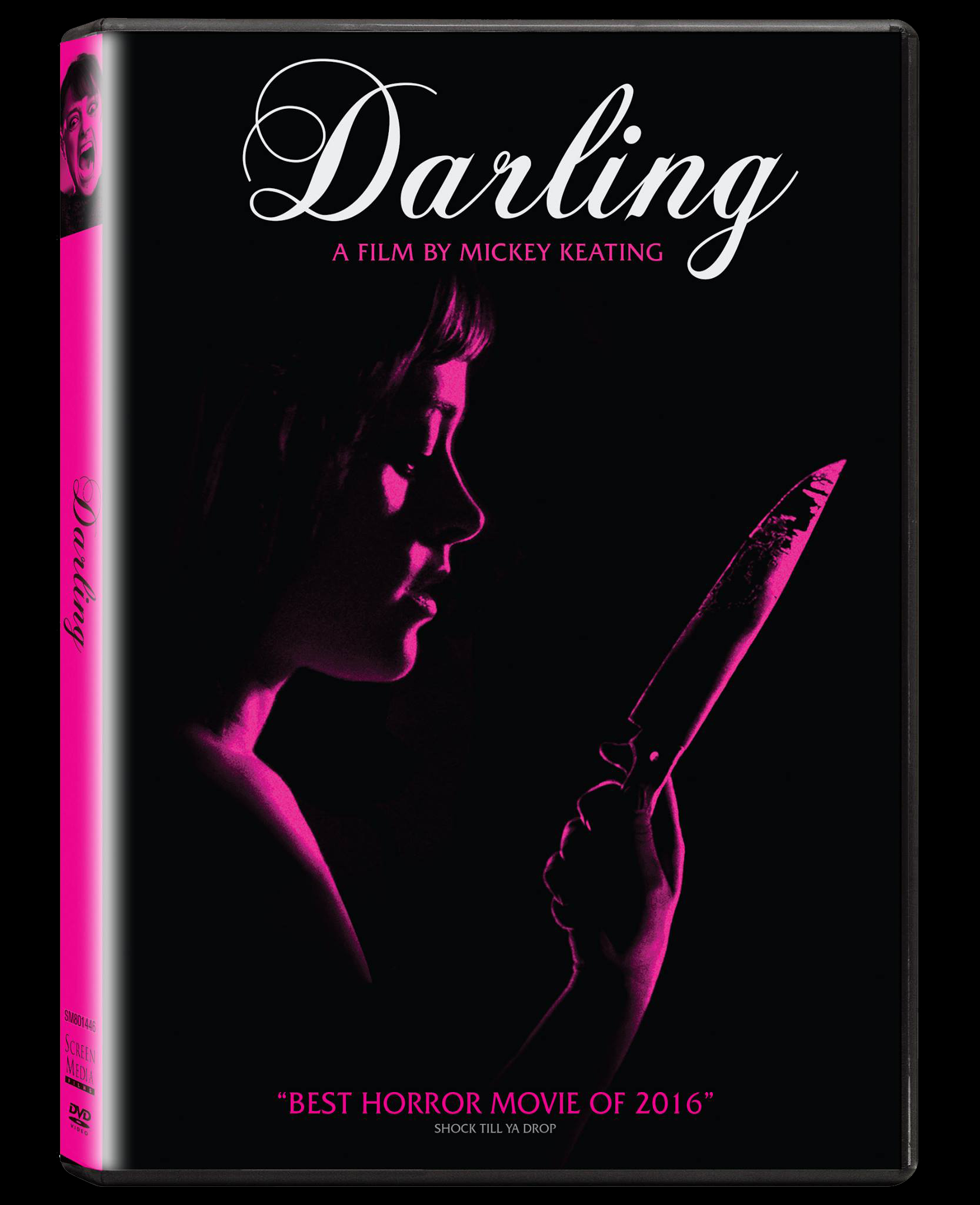
Add a comment